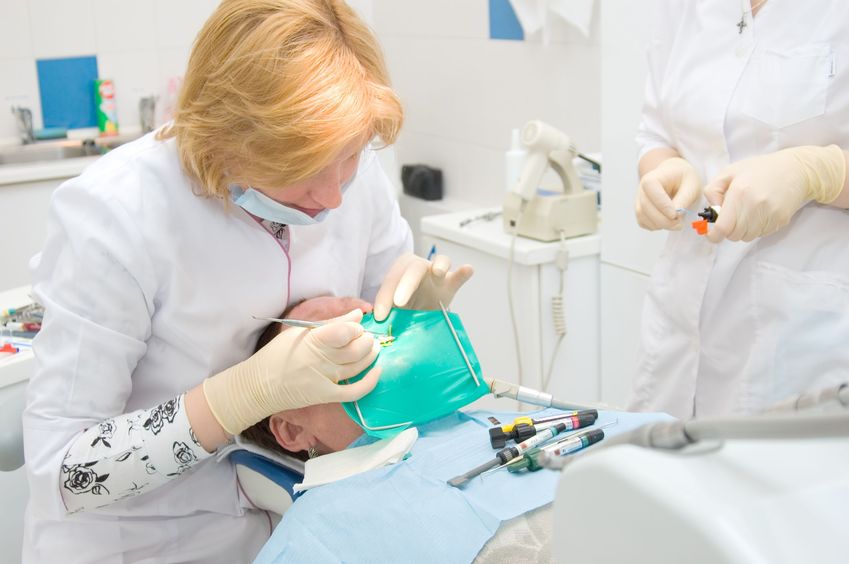The extraction of Wisdom Teeth in West Bloomfield is a common surgery after 18 years old. The procedure can cause pain of varying intensity. In some cases, complications manifested by pain may occur. Wisdom teeth are the 3rd molars, located at the bottom back of the dental arch. They appear in adulthood and can sometimes push through and hinder the patient. People generally have four wisdom teeth, but this can vary depending on the person -; some have more and others less.
Symptoms
The eruption of wisdom teeth occurs between the ages of 18 and 25 years. Pathologies of wisdom teeth are:
1. Inflammatory complications
2. Infection (usually benign)
3. Dental abscess
4. Dental cellulitis
5. Pericoronitis, which means an infection of the pericoronal bag. This is all the tissues surrounding the crown of an impacted tooth in the maxilla (upper or lower jaw)
6. Pericoronal cyst
7. Decay of the second molar
8. Root resorption of the second molar
Complications
Complications of inherent Wisdom Teeth in West Bloomfield are primarily landlocked teeth. The extraction of wisdom teeth is justified when there is iterative pericoronitis (which repeats) or a violation of the second molar or appearance of a large cyst. Other complications consist of:
1. Alveolitis: infection of the extraction socket. This is the most common complication.
2. Abscess
3. Osteitis (inflammation of bone tissue)
4. Lesion of the second molar (rarely: necrosis)
5. Loss of sealing, unsealing a crown
6. Division of the angle of the jaw
7. Accidental injury during the surgical procedure
8. Sinus complications (affecting the upper wisdom teeth)
Pain after wisdom tooth extraction: a very common symptom
Pain of varying intensity is a common symptom after wisdom tooth extraction, and can be associated with edema and bleeding. Pain is localized in operated areas, knowing that it is often more important for the bottom teeth than the upper teeth. If one or more teeth are still in the bone, it is necessary to incise the gingiva and then mill into the bone. This move may increase the pain experienced after surgery. Pain is treated by applying ice on the cheeks, which also reduces edema. Dentists also suggest using an anti-inflammatory or analgesics in addition to ice packs. Be advised that contacting your dentist is essential when you notice inflamed gums or a fever. Click here for more information.

